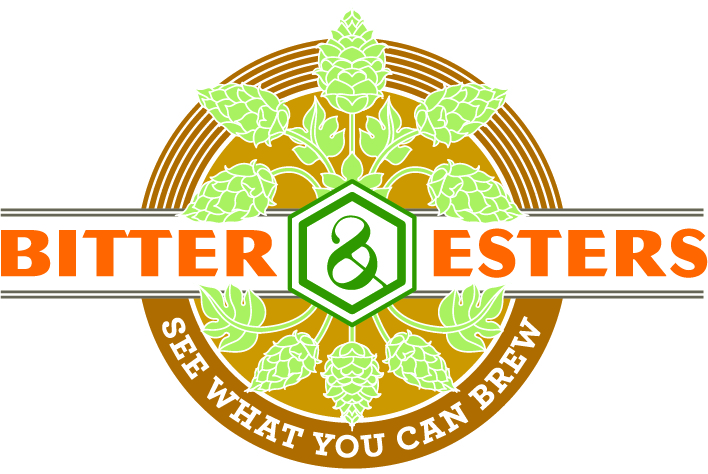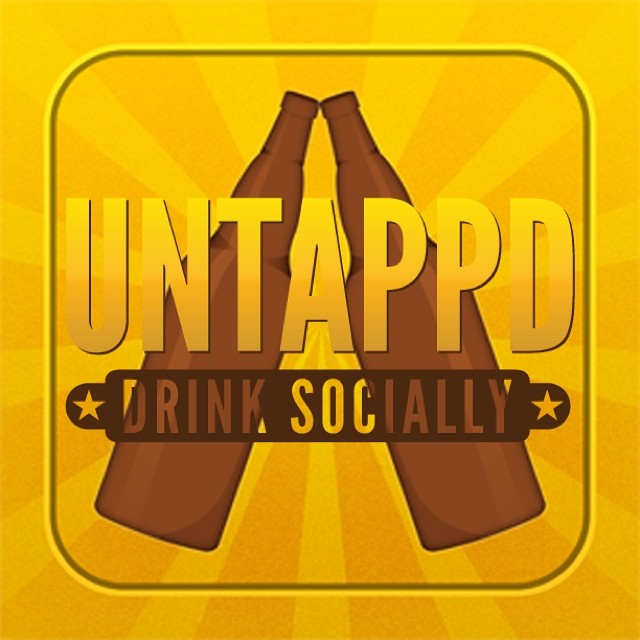A major theme or should I say mission of many of the inspirational individuals that I’ve interviewed in recent months is their dedication to restoring their state and region’s grainshed (grain economy). This week’s featured sourdough baking community member has teamed up with local farmers and researchers to work on bringing high quality grain cultivation and milling back to New Jersey and its surrounding states. However, before introducing him I’ve decided to share the following article excerpt as means of sharing a piece of the rich agricultural history of the northeastern US.
“Grist mills constructed in the early 1600’s to grind corn and wheat to make flour for the early English settlers of coastal areas. Two words in this sentience reveal was the mill was constructed to do. These words are: corn and flour. To English speaking people of the 1600’s and 1700’s a corn mill means a mill that grinds corn and makes flour. Corn is the English generic word for grain. More specifically meaning a mill that grinds wheat, rye, oats, and or barley into flour and meal. The common American word “corn” meaning maize the English and Puritan settlers would have called it maize and not used the word corn. In America the English use of the word corn did not change until the War of 1812, when the people of the United States wanted to separate themselves from England.
Wheat was grown in New England primarily along coastal areas. The rocky soil and climate of New England never made New England a large wheat growing center. Wheat was a more important crop in the areas of Pennsylvania, New Jersey, Maryland, Delaware and Virginia. Early milling centers of America was New York (first by the Dutch and then later because of Rochester and the Erie Canal), Wilmington (along the Brandywine River), Baltimore (along the Patapsco River), Georgetown (along the C & O Canal), Richmond (on the James River and the Kanawha Canal). Then after the Civil War the wheat growing areas sifted to the Midwest. The Mennonites brought hard wheat from the Ukraine and the milling methods changed, places like Minneapolis (the largest ever in the world) became milling centers.” (full article).
In 2016, after meeting with local grain farmers and researchers Mike Hozer, Len Bussanich, and Larry Mahmarian formed River Valley Community Grains with the mission of “re-imagining local grain production through the lens of collaborative and regenerative agriculture.” Since then they have continued working with local agronomists and farmers to grow high quality seasonal wheat, oat, and rye varietals. In addition, they also mill, process, and sell whole berries, flours, rolled oats using grains grown and harvested by the farmers that they work with. So far I’ve baked with their hard red spring wheat and einkorn flours and can attest to their amazing flavor and great baking properties (gluten strength, great final crumb textures, etc).
So without further ado, I present to you Len Bussanich of River Valley Community Grains.
Barry (The Brewed Palate): To start, I found the River Valley Community Grains story to be quite inspiring. However, I’d like to hear more about how you’re currently operating. What do daily operations look like? and What’s the breakdown of the River Valley team?
Len: As we are a start-up, we currently are not doing this full-time but that is the goal. My colleagues, Mike Hozer, Larry Mahmarian, and I work full-time day jobs. We operate one night a week, Tuesday evenings, at the Red Barn Kitchen Incubator where we mill flour and roll oats. On the weekends you can find us at various farmer markets, such as Morristown, Bedminster and Ramsey.
Barry (The Brewed Palate): What do you find to be most unique about cultivating, sourcing, and milling high quality grains in New Jersey and its surrounding states?
Len: We are working with several landowners/farmers in New Jersey who are planting and harvesting the grain while River Valley focuses on the infrastructure and the marketing. Being present at farmer’s markets has shown that there is consumer demand for local and healthy grains. New Jersey was once a significant producer of flour as attested by the multitude of dormant stone mills scattered across the state. There are quite a few streets in NJ called Mill Street and there is also the town of Millstone and the Millstone River. Inspired by history, we are striving to reintroduce local and healthy grains for human consumption in NJ.
Barry (The Brewed Palate): Beyond the grains themselves, I’ve found that relationships between farmers, millers, and bakers represent an integral part of telling the story of what goes into a loaf of artisan bread. What have you gained from your relationships with the farmers that you source grains from and the bakers who bake with your flours?
Len: Part of our mission statement speaks directly to this and we agree that it is absolutely an integral part in telling the story. We learned a great deal about this in Amy Halloran’s, The New Bread Basket, and we hope to replicate it here in NJ. Several bakers have mentioned they love how the grain is procured from a single source and their customers love the taste and flavor.
Barry (The Brewed Palate): Due to the dominance of commodity wheat, many farmers feel incentivized to grow it instead of natural and organic varietals. What does your process of making sure that the farmers you work with are paid fairly for the hard work that they put into cultivating high quality grains look like?
Len: We are still in the process of working through these dynamics; however we recognize the need that it has to work for the farmers in order for this to be successful. We believe farmers can make more in the local markets as opposed to the commodity markets. It does require a paradigm shift. Earlier this year we attended the first gathering of the Northeast Grainshed Symposium in Canton, MA. Farmer Thor Oeschner made a poignant remark when he said that farming is a backwards business because the farmer only receives 12 cents on the dollar. A paradigm shift is certainly needed.
Barry (The Brewed Palate): I’ll have to admit that when we first started messaging each other on Instagram I was surprised that there is a New Jersey based mill. What do you enjoy most about interacting with home bakers and millers via social media?
Len: I love the interaction and engagement on social media, telling our story and sharing bakers’ stories of the breads and other items they’ve made with the grains we’ve supplied. It’s exciting and fun!
Barry (The Brewed Palate): One exciting part of the continuous learning process that sourdough bakers experience is learning that there is more to flour than just buying a bag off the grocery store shelf. As someone who has an intimate relationship with the flour production process, how do you approach learning about the grains that you work with?
Len: We learn a great deal from bakers, both home and commercial, about their experiences with the flour. Especially at farmers markets, we engage directly with consumers. Some like higher protein levels, while others prefer lower protein. For instance, one of the first crops we marketed was a hard red winter wheat, warthog. Winter wheat tends to have a lower protein content than Hard Red Spring. The warthog was harvested at Ruthie’s Farm (Ruthie Perretti, owner of Ruthie’s Pizza & BBQ in Montclair) in 2019 and the protein content was 11.1%. This year, Ruthie’s farmer harvested Hard Red Spring, a lower yield but the protein content is at 13.6%. Also, some bakers have their own mill so they prefer to purchase the raw grain itself, grain berries.
Barry (The Brewed Palate): Of all of the wheat varietals that you’ve come across, what are some that surprised you upon milling and then baking with them?
Len: We’ve noticed there’s quite a bit of difference in throughput when milling a hard red wheat compared to an ancient grain such as einkorn. Milling einkorn has a higher throughput than milling a hard red such as a winter (warthog variety) or spring (bolles variety).
Barry (The Brewed Palate): How would you describe the differences between natural and organically grown grains?
Len: We are hoping to encourage farmers to use a regenerative agricultural approach to growing grains, essentially a non-chemical-based approach to growing grains. We’ve relied extensively on the advice and guidance of agronomist Dr. Elizabeth Dyck, founder of Organic Growers Research Information-Sharing Network. She recommends farmers use cover crops instead of pesticides to minimize Canadian thistle weed pressures here in NJ. Some of our grains are certified organic while others are organically grown, they just don’t have the official certification so the difference really is minimal. Customers at farmer markets are satisfied that the grains we offer are organically grown.
Barry (The Brewed Palate): How often do you get a chance to bake bread? What types of bread do you bake most often?
Len: Unfortunately, I don’t really bake. I’m too busy milling and processing.
Barry (The Brewed Palate): Sourdough bread is often called “living bread.” What do the terms “living bread” and “living food” mean to you?
Len: I think it speaks directly to the part of our mission statement about nutrient-dense flour, bread and cereals. And it all starts with healthy soil, which then translates to healthy grains, healthy flour and breads!
















